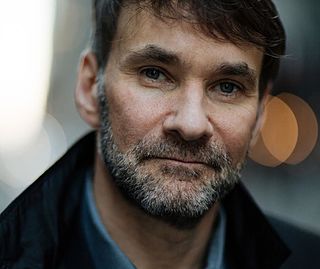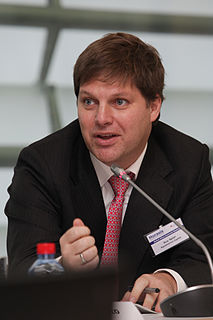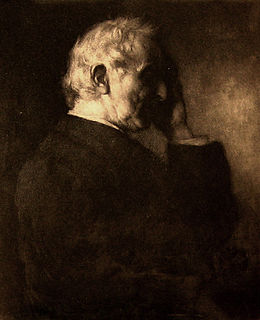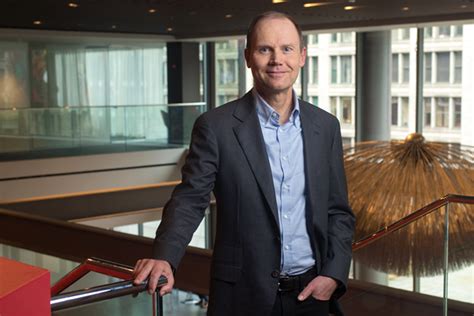A Quote by Twyla Tharp
In the end, there is no ideal condition for creativity. What works for one person is useless for another. The only criterion is this: Make it easy on yourself. Find a working environment where the prospect of wrestling with your muse doesn't scare you, doesn't shut you down. It should make you want to be there, and once you find it, stick with it. To get the creative habit, you need a working environment that's habit-forming. All preferred working states, no matter how eccentric, have one thing in common: When you enter into them, they compel you to get started.
Quote Topics
Another
Common
Compel
Condition
Creative
Creativity
Down
Easy
Eccentric
End
Enter
Environment
Find
Forming
Get
Habit
How
Ideal
In The End
Make
Matter
Muse
Need
Once
One Thing
Only
Person
Preferred
Prospect
Scare
Should
Shut
Started
States
Stick
Them
Thing
Useless
Want
Working
Works
Wrestling
Your
Yourself
Related Quotes
But I think it’s important to discuss just how easy it is for any of us to get caught up in things that might seem unthinkable—to get sucked into the wrong environment and make moral compromises that can tarnish us terribly. We like to think that we change our environment, but the truth is that it changes us. So we have to be extraordinarily careful to choose the right environment—to work with, and even socialize with, the right people. Ideally, we should stick close to people who are better than us so that we can become more like them.
I really try to divorce myself from any thought of possible use of this stuff. That's part of the discipline. My only purpose while I'm working is to try to make interesting photographs, and what to do with them is another act - an alter consideration. Certainly while I'm working, I want them to be as useless as possible.
Trusting people to be creative and constructive when given more freedom does not imply an overly optimistic belief in the perfectibility of human nature. It is, rather, belief that the inevitable errors and sins of the human condition are far better overcome by individuals working together in an environment of trust and freedom and mutual respect than by individuals working under a multitude of rules, regulations, and restraints imposed upon them by another group of imperfect individuals.
Don't buy society’s definition of success. Because it’s not working for anyone. It’s not working for women, it's not working for men, it's not working for polar bears, it's not working for the cicadas that are apparently about to emerge and swarm us. It’s only truly working for those who make pharmaceuticals for stress, sleeplessness and high blood pressure.
But you go to a great school, not for knowledge so much as for arts and habits; for the habit of attention, for the art of expression, for the art of assuming at a moment's notice a new intellectual posture, for the art of entering quickly into another person's thoughts, for the habit of submitting to censure and refutation, for the art of indicating assent or dissent in graduated terms, for the habit of regarding minute points of accuracy, for the habit of working out what is possible in a given time, for taste, for discrimination, for mental courage and mental soberness.
It used to kind of upset me when I'd be working on a part in my hotel room, and I'd get an idea for a song and find myself on the guitar for an hour when I should be working on my lines. But I've discovered that when I start to shake up my creativity it wants to be expressed in all kinds of different ways. They all kind of inform each other.
It is not that I do not get angry. I don't give vent to my anger. I cultivate the quality of patience as angerlessness, and generally speaking, I succeed. But I only control my anger when it comes. How I find it possible to control it would be a useless question, for it is a habit that everyone must cultivate and must succeed in forming by constant practice.
A book came out recently written by scientists and environmentalists that made me so angry. It said the only thing we have to worry about is big industry. Each individual who tries to make his or her own environment better is useless. I find this criminal, because then you have a billion people all saying, It doesn't matter what I do because I'm just one person. But if you turn that around and a billion people say, What I do does make a difference, then it will make a difference.







































